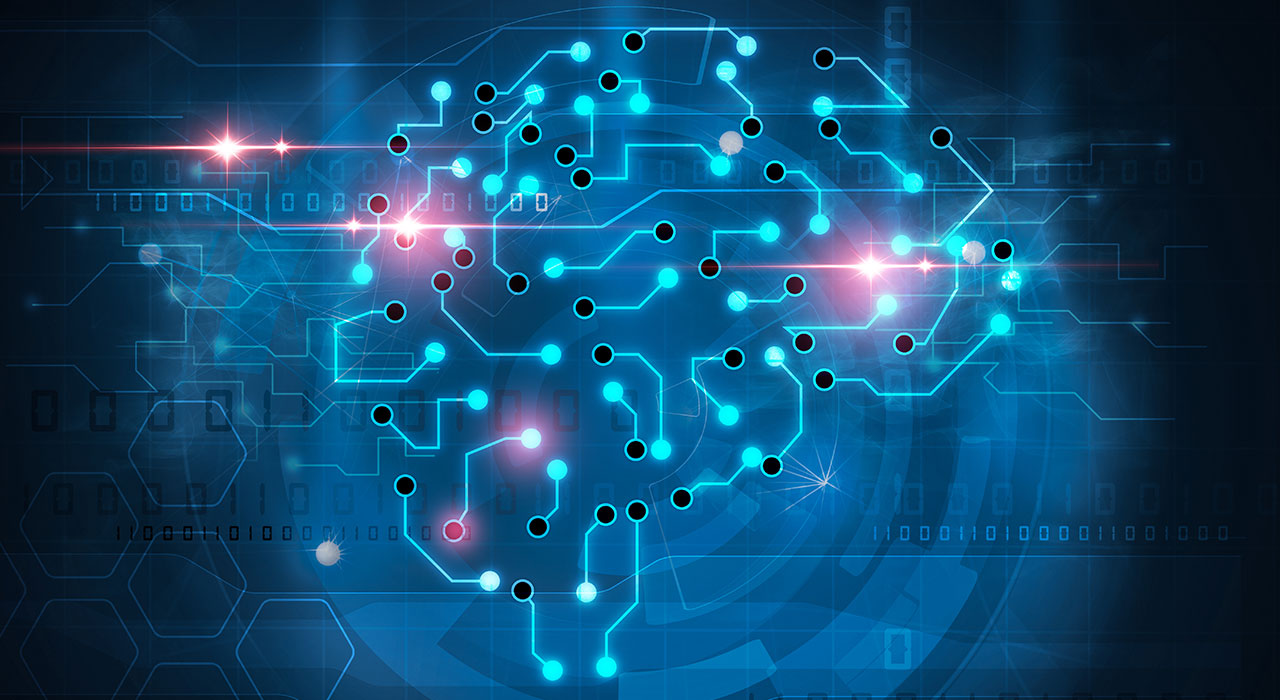Record-breaking number of DIKU-papers accepted at two top conferences
Researchers from Department of Computer Science, University of Copenhagen (DIKU) have had five and six papers accepted at two top conferences in computer science respectively; Conference on Neural Information Processing Systems (NeurIPS) and Empirical Methods in Natural Language Processing (EMNLP).

These numbers are higher than any previous years at DIKU.
The two conferences are ranked as the second (NeurIPS) and eighth (EMNLP) most impactful computer science conferences in the world* and thus, it’s some of the most important fora to have ones research published when doing computer science research.
- This is a great result for DIKU’s researchers and for Danish research in general, says professor Christina Lioma, Head of the Machine Learning Section at DIKU.
The research has been conducted in collaboration with researchers from a range of research institutions such as Google, DeepMind and Rigshospitalet and from universities in Greece, Italy, Scotland, Israel and Sweden.
NeurIPS 2019 papers
- Fully Dynamic Consistent Facility Location
Vincent Cohen-Addad (CNRS & Sorbonne Université), Niklas Oskar D Hjuler (University of Copenhagen), Nikos Parotsidis (University of Rome Tor Vergata), David Saulpic (Ecole normale supérieure), Chris Schwiegelshohn (Sapienza, University of Rome) - U-Time: A Fully Convolutional Network for Time Series Segmentation Applied to Sleep Staging
Mathias Perslev (University of Copenhagen), Michael H Jensen (University of Copehagen), Sune Darkner (University of Copenhagen, Denmark), Poul Jørgen Jennum (Danish Center for Sleep Medicine, Rigshospitalet), Christian Igel (University of Copenhagen) - Comparing Unsupervised Word Translation Methods Step by Step
Mareike Hartmann (University of Copenhagen), Yova Kementchedjhieva (University of Copenhagen), Anders Søgaard (University of Copenhagen) - Nonstochastic Multiarmed Bandits with Unrestricted Delays
Tobias Thune (University of Copenhagen), Nicolò Cesa-Bianchi (University of Milan), Yevgeny Seldin (University of Copenhagen) - Connections Between Mirror Descent, Thompson Sampling and the Information Ratio
Julian Zimmert (University of Copenhagen), Tor Lattimore (DeepMind)
EMNLP 2019 papers
- MultiFC: A Real-World Multi-Domain Dataset for Evidence-Based Fact Checking of Claims
Isabelle Augenstein (University of Copenhagen), Christina Lioma (University of Copenhagen), Dongsheng Wang (University of Copenhagen), Lucas Chaves Lima (University of Copenhagen), Casper Hansen (University of Copenhagen), Christian Hansen (University of Copenhagen) and Jakob Grue Simonsen (University of Copenhagen) - A systematic comparison of methods for low-resource dependency parsing on genuinely low-resource languages
Clara Vania (University of Edinburgh), Yova Kementchedjhieva (University of Copenhagen), Anders Søgaard (University of Copenhagen) and Adam Lopez (University of Edinburgh) - Lost in Evaluation: Misleading Benchmarks for Bilingual Dictionary Induction
Yova Kementchedjhieva (University of Copenhagen), Mareike Hartmann (University of Copenhagen) and Anders Søgaard (University of Copenhagen) - Adversarial Removal of Demographic Attributes Revisited
Maria Barrett (University of Copenhagen), Yova Kementchedjhieva (University of Copenhagen), Yanai Elazar (Bar-Ilan University), Desmond Elliott (University of Copenhagen) and Anders Søgaard (University of Copenhagen) - Analysing the Representational Geometry of Neural Language Encoders
Mostafa Abdou (University of Copenhagen), Artur Kulmizev (Uppsala University), Felix Hill (DeepMind), Daniel M. Low (MIT) and Anders Søgaard (University of Copenhagen) - Rewarding Coreference Resolvers for Being Consistent with World Knowledge
Rahul Aralikatte (University of Copenhagen), Heather Lent (University of Copenhagen), Ana Valeria Gonzalez (University of Copenhagen), Daniel Herschcovich (University of Copenhagen), Chen Qiu (China University of Geosciences), Anders Sandholm (Google Inc.), Michael Ringaard (Google Inc.) and Anders Søgaard (University of Copenhagen)
* Based on conference H5-index>=12 provided by Google Scholar Metrics.
Related News
Contact
Tina Virenfeldt Kristensen
Communication Consultant, Department of Computer Science, University of Copenhagen
tikr@di.ku.dk
Tel. +45 40 59 40 54
Facts
The research as been conducted by more than 20 researcher from the following research sections at DIKU:
